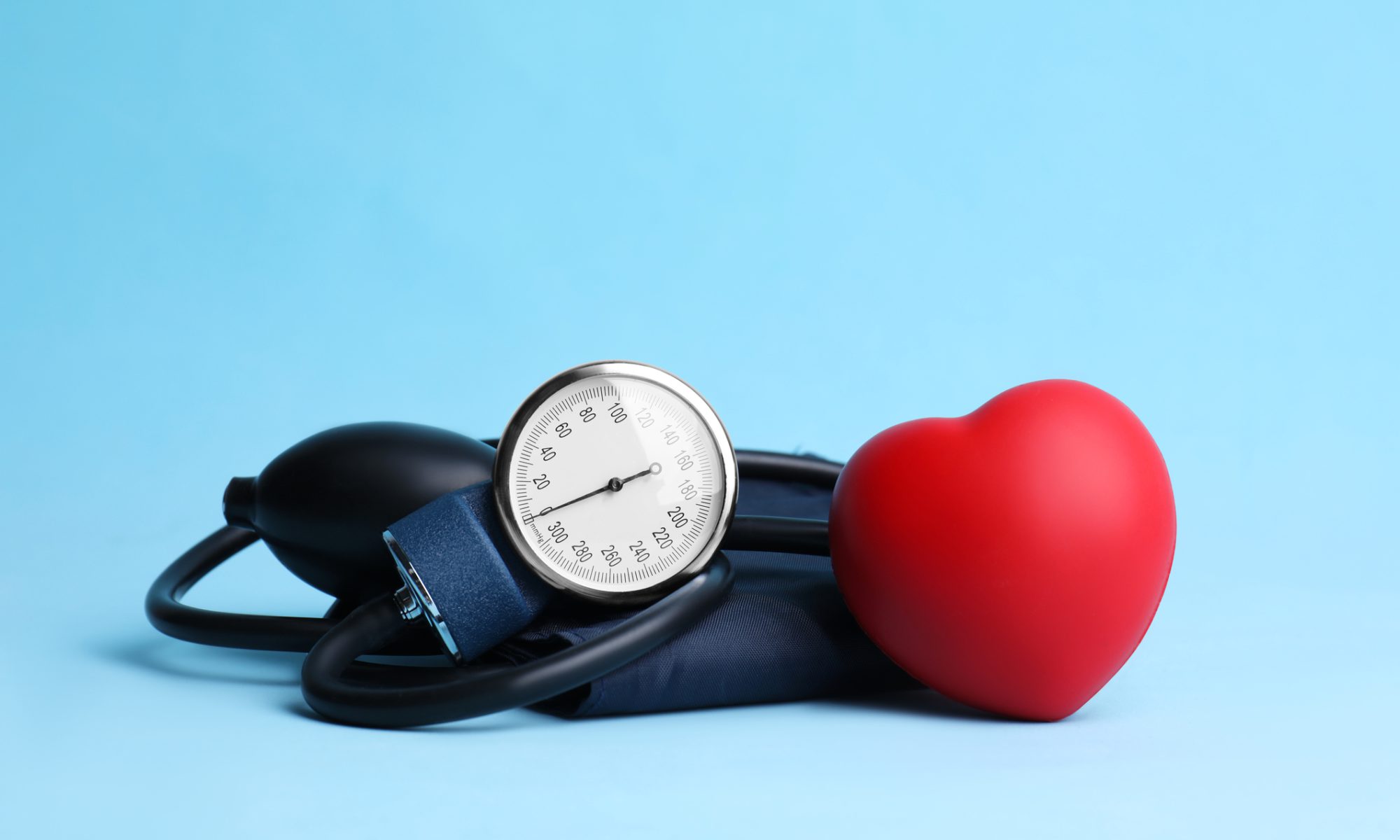Newswise — The University of Chicago Medicine transplant team performed the health system’s first donated-after-circulatory death (DCD) heart transplant on Nov. 19, 2022. The DCD technique is expected to help heart patients get transplants faster. Read more in Newswise.
Exercising in the morning could reduce CVD risk
The timing of physical activity could affect the risk for CVD, according to study findings published in the European Journal of Preventive Cardiology.
Using data collected from February 2013 to December 2015 in the UK Biobank, the researchers identified several “chrono-activity” (daily physical activity timing) subgroups of 86,657 participants (mean age, 62 years; 58% women).
Read the full story in Healio.
New ISHLT Guidelines Support Use of CareDx’s HeartCare Solutions, AlloMap and AlloSure, in Routine Monitoring of Heart Transplant Patients
DECEMBER, 21, 2022
ISHLT Guidelines Recommend Earlier Use of AlloMap Heart Starting 2 Months Post-Transplant Based on Strength of Clinical Studies
ISHLT Guidelines Recommend Remote Use of GEP and dd-cfDNA Heart Transplant Surveillance, as in HeartCare, May be Used to Reduce the Need for Biopsies and Hospital Visits
BRISBANE, Calif.–(BUSINESS WIRE)– CareDx, Inc. (Nasdaq: CDNA) – The Transplant Company™ focused on the discovery, development, and commercialization of clinically differentiated, high-value healthcare solutions for transplant patients and caregivers – today announced the publication1 of new guidelines by the International Society for Heart and Lung Transplantation (ISHLT) supporting the use of CareDx’s non-invasive molecular surveillance portfolio. Read the complete press release on CareDx.com.
Heart transplant recipient honors her donor ‘by living the best possible life I can’
Even now, years later, Linda Jara’s voice resonates with notes that can only be fully appreciated by certain people – people like her who carry someone else’s heart.
Her tone is filled with gratitude. Awe. Contemplation. Thoughtfulness. Sorrow. Exuberance. The overwhelming feeling that someone else – a total stranger – made the ultimate sacrifice of allowing their own heart to beat in someone else’s chest. Read the full story from the American Heart Association.
NFL Raises Voices of Columbia Heart Transplant Patients
What does 20-year-old Sam Prince remember about his childhood?
“I was stuck in a bubble for the first eight years of my life,” Sam says in a new NFL360 video(link is external and opens in a new window) about his mission to raise more awareness of organ donation. Born with a severe heart defect that required two surgeries before he turned 1, Sam couldn’t go to school during that time and couldn’t make a lot of friends. Read more from Columbia Irving Medical Center.
Ohio heart center 1st in world to study efficacy of diastolic heart failure treatment
Columbus-based Ohio State University’s Richard M. Ross Heart Hospital is the first in the world to study the clinical benefits of a device used to treat diastolic heart failure.
Diastolic heart failure occurs when the heart muscle becomes stiff and does not allow blood to flow from the lungs into the heart. This causes blood to flood the first lower left heart chamber, then the upper left chamber and into the lungs.
Read more in Becker’s Hospital Review.
CVD remains leading cause of death globally
A multinational collaborative report of global disease trends and risk factors shows CVD remains the leading cause of death and hypertension remains the leading modifiable risk factor for premature CV death worldwide, researchers reported.
Read the full story in Healio.
42 cardiology firsts in 2022
Here are 42 cardiology firsts Becker’s covered in 2022:
- Columbus-based Ohio State University’s Richard M. Ross Heart Hospital became the first in the world to study the clinical benefits of a device used to treat diastolic heart failure.
- Cardiac surgeons at Hackensack (N.J.) University Medical Center, part of the Hackensack Meridian health system, performed the first-in-human Impella RP Flex heart pump implant Nov. 8.
Read the entire list in Becker’s Hospital Review.
Mayo Clinic performs heart transplant using new technology for the 1st time in AZ
A Lake Havasu City man recently became the first patient in Arizona to receive a heart transplant using “heart-in-a-box” technology.
Mayo Clinic performed the surgery. Dr. Brian Hardaway, the patient’s transplant cardiologist, told KJZZ News hearts typically can’t be transported long distances because they need to be transplanted within four hours of retrieval from the donor. But the new TransMedics organ care system extends that time period for several hours. Read this article from Fronteras.
Most heart transplant centers’ websites get failing grade when it comes to clear, accessible information
The majority of sites studied were written at a college junior’s reading level, and over a third had no resources for people who spoke a language other than English.
In a University of Michigan-led study, researchers found that most websites for heart transplant centers in the United States are difficult to understand, with more than 40% lacking information in languages other than English.
The majority of the 139 websites analyzed were at a college junior’s reading level, much higher than the average American’s 8th-grade reading level. Read the full story the University of Michigan’s Health Lab.




